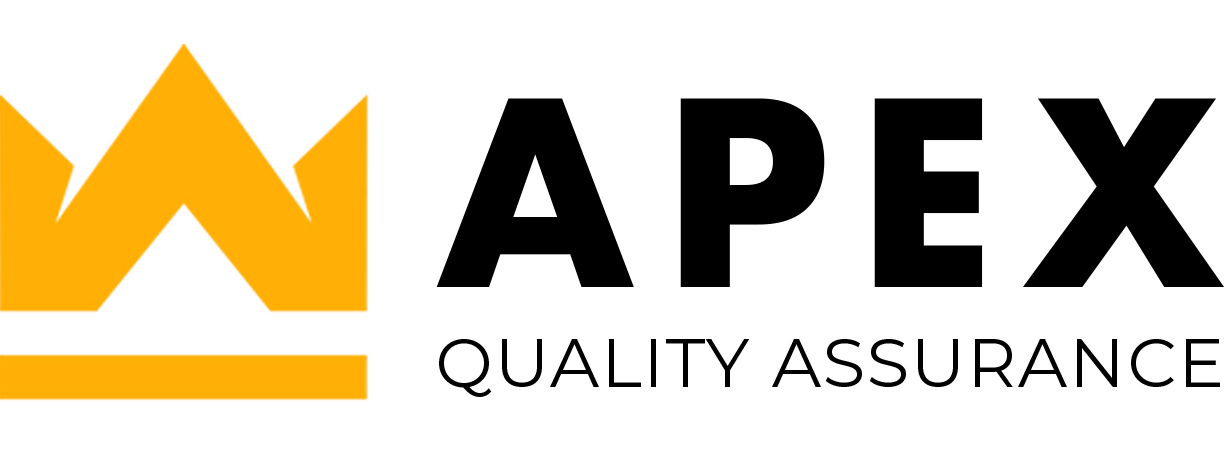Introduction
AS9100, ISO 9001, and ISO 13485 are three of the most widely recognized quality management system (QMS) standards in the world. Organizations that achieve certification to these standards demonstrate their commitment to providing high-quality products and services that meet customer and regulatory requirements.
Auditing is an essential part of QMS maintenance and improvement. By having your QMS audited regularly, you can identify areas where you can improve your processes and systems. This can help you to reduce costs, improve efficiency, and deliver better products and services to your customers.
What are the benefits of auditing your QMS?
There are many benefits to auditing your QMS, including:
-
Identifying areas for improvement: Audits can help you to identify areas where your QMS is not working effectively. This can be due to a variety of factors, such as outdated procedures, poor communication, or lack of training. Once you have identified these areas, you can take steps to improve them.
-
Reducing costs: By improving your QMS, you can reduce costs associated with waste, rework, and customer complaints.
-
Improving efficiency: Audits can help you to identify and eliminate bottlenecks in your processes. This can lead to improved efficiency and productivity.
-
Delivering better products and services: By improving your QMS, you can deliver better products and services to your customers. This can lead to increased customer satisfaction and loyalty.
What types of audits are available?
There are three main types of audits:
-
Internal audits: Internal audits are conducted by your own employees. These audits are typically used to identify areas for improvement and to ensure that your QMS is meeting your internal requirements.
-
Second-party audits: Second-party audits are conducted by your customers or suppliers. These audits are typically used to assess your organization’s ability to meet their specific requirements.
-
Third-party audits: Third-party audits are conducted by independent certification bodies. These audits are typically used to achieve certification to a recognized QMS standard, such as AS9100, ISO 9001, or ISO 13485.
How to choose an auditing provider
When choosing an auditing provider, it is important to consider the following factors:
-
Experience: The auditing provider should have experience auditing organizations in your industry and to the specific QMS standard(s) that you are certified to.
-
Qualifications: The auditors should be qualified and experienced professionals. They should be certified by a recognized professional body, such as the American Society for Quality (ASQ).
-
Independence: The auditing provider should be independent of your organization. This means that they should not have any financial or other interests in your organization.
Contact Us
APEX QA has Auditors all over the US. By having your QMS audited regularly, you can identify areas where you can improve your processes and systems. Find an amazing auditor, save money, and improve efficiency by contacting a representative at APEX QA. Call 919-635-5581.



